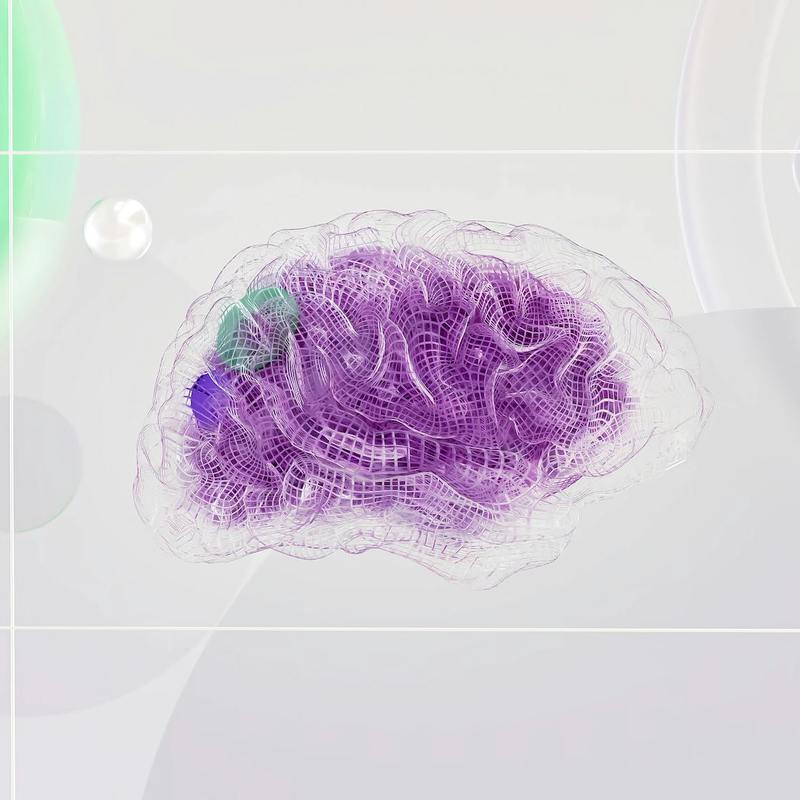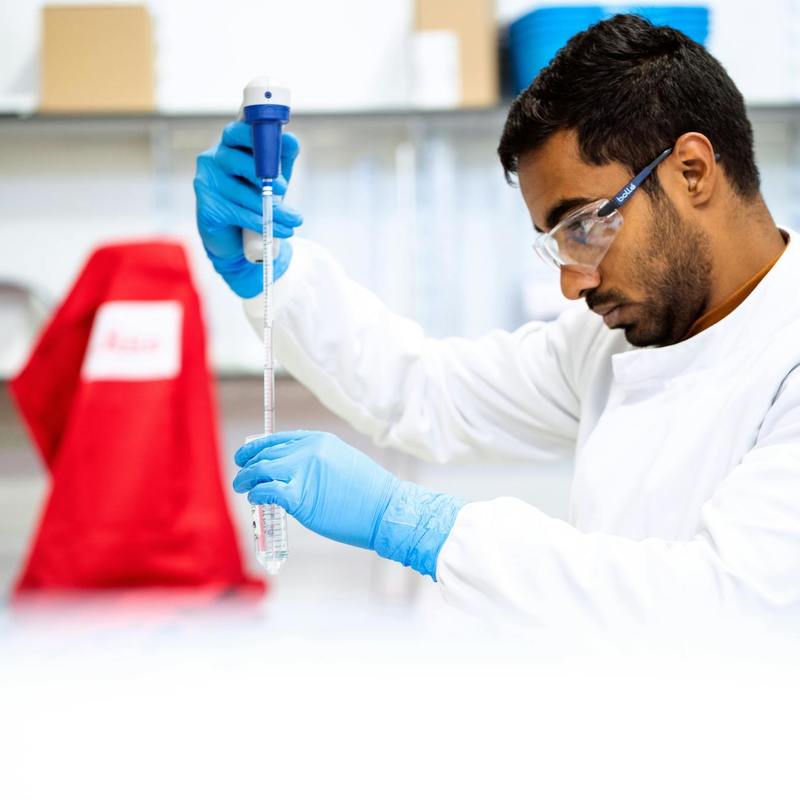Search
Reshaping the Academic Landscape: JOSHA’s Shared Vision with the Gates Foundation
DOI: 10.17160/josha.11.3.987
The dissemination of knowledge through scientific articles is undoubtedly essential in the field of science, yet the costs linked with publication fees in reputable journals may hinder less privileged groups. These disparities pose a widespread global challenge that affects science as well. Acknowledging this issue, organizations like the Bill & Melinda Gates Foundation and the United Nations have taken steps to address these challenges. The Bill & Melinda Gates Foundation promotes rapid and equitable sharing of breakthroughs through initiatives like the Open Access Policy. Meanwhile, the United Nations advocates for the Sustainable Development Goals (SDGs) which emphasize Quality Education and reducing inequalities. Just as the Gates Foundation seeks to expand access to crucial research and its impact, JOSHA strives to make knowledge accessible to everyone, encouraging collaboration and advancing research for the benefit of society.
Understanding Reproductive Strategies: Courtship and Copulation Behaviours of the Asiatic Wild Dog (Cuon alpinus) in Captivity
DOI: 10.17160/josha.11.3.986
This study offers an in-depth observation of the courtship and copulatory behaviors of the Asiatic wild dog (Cuon alpinus), also known as the dhole, within a captive environment at the Sardar Patel Zoological Park, Ekta Nagar, Gujarat. Characterized by unique vocalizations, distinct body postures, and specific initiation cues, the reproductive strategy of the dhole exhibits both complex communication and consensual mating processes. Our observations revealed notable behaviours such as mutual grooming, nuzzling, olfactory exploration, and specific tail positioning, which signify readiness and consent for mating. The study meticulously documents the mounting attempts, copulation frequency, duration, and post-copulatory affiliative behaviours, contributing valuable insights into the dhole’s reproductive behaviours.
Editorial Volume 11, Issue 3
DOI: 10.17160/josha.11.3.985
Dear josha-journal readers, In this issue, we recommend some important medical articles. Ana Caroline Colombo and Marcio L. Rodrigues study the fungus Cryptococcus neoformans, which can lead to brain infections and is estimated to cause 500,000 deaths each year. Their study suggests that much effort is needed to improve knowledge of how C. neoformans affects brain cells so that new therapeutic tools can be developed in the near future. Ketki Kelkar Ramanan writes about the misuse of laboratory reports in India and discusses the quality of health care. Ana Clara Solon Rufino's article on the positive impact of art classes on socially disadvantaged young people in Belém, Brazil, and Josha's critical review of a publication on the link between social media and anorexia, take a medical-social direction. There is much more in this issue, including articles on artificial intelligence, Oscar Wilde, and education in northern Nigeria. Enjoy the read!
EU Blue Book Traineeship Report
DOI: 10.17160/josha.11.3.984
The Blue Book traineeship program at the European Union Institutions offers valuable insight into the inner workings and decision-making processes of the European institutions. During my tenure at the Communication Unit of the Public Health and Food Safety Department (DG SANTE), I contributed to impactful communication strategies on public health issues, including mental health and cancer. Leveraging my medical background, I crafted scientifically backed messages for high-level events, such as the World Mental Health Day conference and Europe's Beating Cancer Plan. My experience at DG SANTE reinforced the importance of inclusive communication strategies in effecting positive change.
Fungal Colonization of the Brain: Anatomopathological Aspects of Neurological Cryptococcosis
DOI: 10.17160/josha.11.2.983
Brain infection by the fungus Cryptococcus neoformans results in an estimated 500,000 human deaths per annum. Colonization of the central nervous system (CNS) by C. neoformans causes different clinical syndromes that involve interaction of a number of fungal components with distinct brain cells. In this manuscript, our literature review confirmed the notion that the Cryptococcus field is expanding rapidly, but also suggested that studies on neuropathogenesis still represent a small fraction of basic research activity in the field. We therefore discussed anatomical and physiological aspects of the brain during infection by C. neoformans, in addition to mechanisms by which brain resident cells interact with the fungus. This review suggests that multiple efforts are necessary to improve the knowledge on how C. neoformans affects brain cells, in order to enable the generation of new therapeutic tools in the near future.
Verifying the Authenticity of Diagnostic Labs: Need of the Hour
DOI: 10.17160/josha.11.2.982
In my hematological practice, I have come across several cases of blood reports signed by technician-owned labs. Despite clear MCI (Medical Council of India) guidelines stating that DMLT technicians are not authorized to sign laboratory reports, this malpractice continues. The problem with such labs is that their reports are unreliable and may have been illegally modified for various motives and gains. These technician-run labs may either be self-signed or pathologist-signed. Such labs offer tests at lower prices at the cost of poor quality reporting. People do not mind getting their tests done at these labs as long as they get a good discount. Ideally, one must visit a lab which has a qualified pathologist available to answer patient queries, discuss reports and provide guidance. Today, we as a society are extremely cautious while making even simple lifestyle choices such as organic food, chemical-free products, etc.
JOSHA’s Critical Review of “CAR T Cells – A New Horizon for Autoimmunity” by John D. Isaacs
DOI: 10.17160/josha.11.4.978
The editorial discusses the potential of CD19-targeted CAR T cell therapy in managing autoimmune diseases. Published in The New England Journal of Medicine on February 22, 2024, the author highlights a pilot study by Müller et al. revealing promising outcomes, including remission and discontinuation of immunosuppressive medication, in 15 patients with systemic autoimmunity with a single infusion. While the therapy shows potential, it is also associated with adverse effects such as cytokine-release syndrome and long-term complications. However, further research is needed to address these concerns. If confirmed through extended follow-up, CAR T cell therapy could revolutionise autoimmune disease treatment, offering a comprehensive approach to disease management.This excellent editorial from Dr. Issacs is worth reading!
Why We Need to Relearn How to Talk to Machines - A Snapshot of Generative AI in January 2024
DOI: 10.17160/josha.11.2.977
The last few years have seen incredibly rapid progress in the field of generative artificial intelligence. Talking to machines and getting answers in natural language is part of our new, elusive normal. Driven by the exponential growth of both computing power and internet-scale data, our new digital assistants are trained by estimating the most likely next element of a given context. Recent years have clearly shown that this general objective can lead to the ability to develop complex and diverse capabilities from simple principles. At the same time, however, it can lead to interesting structures in the compression of the training data and sometimes to unpredictable artefacts. The aim of this article is to shed light on the mechanisms behind current large language models and to provide guidance on how to get the best answers to a question.
Editorial Volume 11, Issue 2
DOI: 10.17160/josha.11.2.976
Dear josha-journal readers, Welcome to our second issue 2024! The josha team has selected an interesting range of topics for all readers. One thing will increasingly accompany medicine and all of us in the coming years. Medicine without artificial intelligence will be unthinkable in the future. It is already expanding our horizons enormously and still holds a wealth of possibilities for the future. A team of AI and medicine experts in Freiburg is testing the many possibilities in oncology. However, despite the wide range of potential, ethical and regulatory considerations are taken into account when developing therapies. Medicine, psychology, education and artificial intelligence also play a key role in other articles in this issue. Papers come from Brazil, Nigeria and Germany. The josha team wishes all readers an exciting and scientifically enlightening read.
AI as an Always-available Oncologist: A Vision for AI-optimized Cancer Therapy Based on Real-time Adaptive Dosing at the Patient Level
DOI: 10.17160/josha.11.1.975
This communication presents the long-term vision of AI-optimized cancer therapy based on automated adaptive dosing. The idea is to have an AI-controlled therapeutic system that administers microdoses from information obtained from low-power sensors, which could improve patient quality and survival. While this idea has not been implemented for cancer yet, there are similar health interventions in cancer (not using AI) and in diabetes (using AI) that serve as precedents. However, there are still major challenges to tackle, such as identifying relevant, measurable, and reasonably costly tumor markers and dealing with the enormous combinatorial potential for a rapid and effective response in individual cases. The paper proposes a dual process to address these challenges, involving collecting initial findings in vitro and investigating tumor markers for their transferability to in vivo systems.









